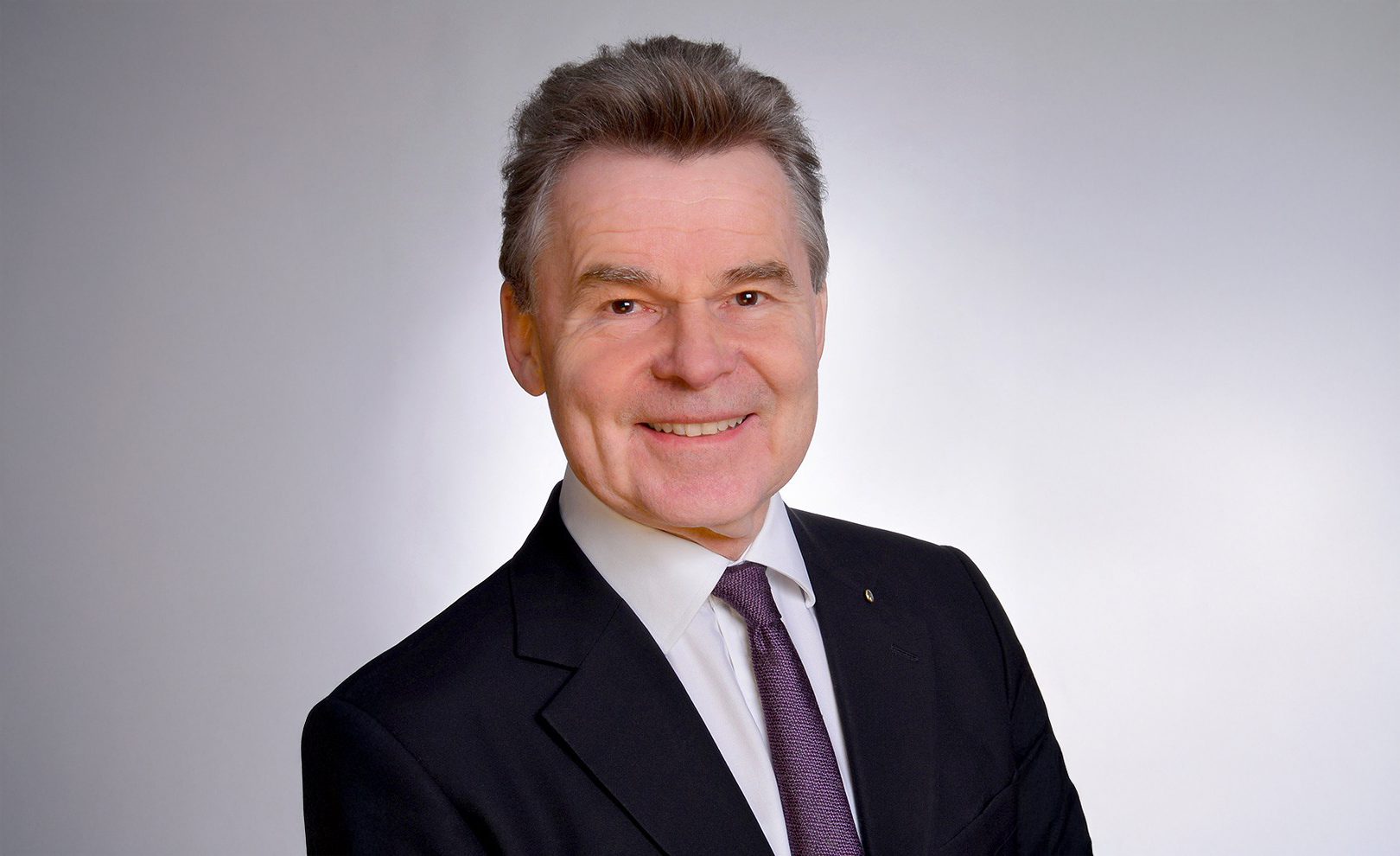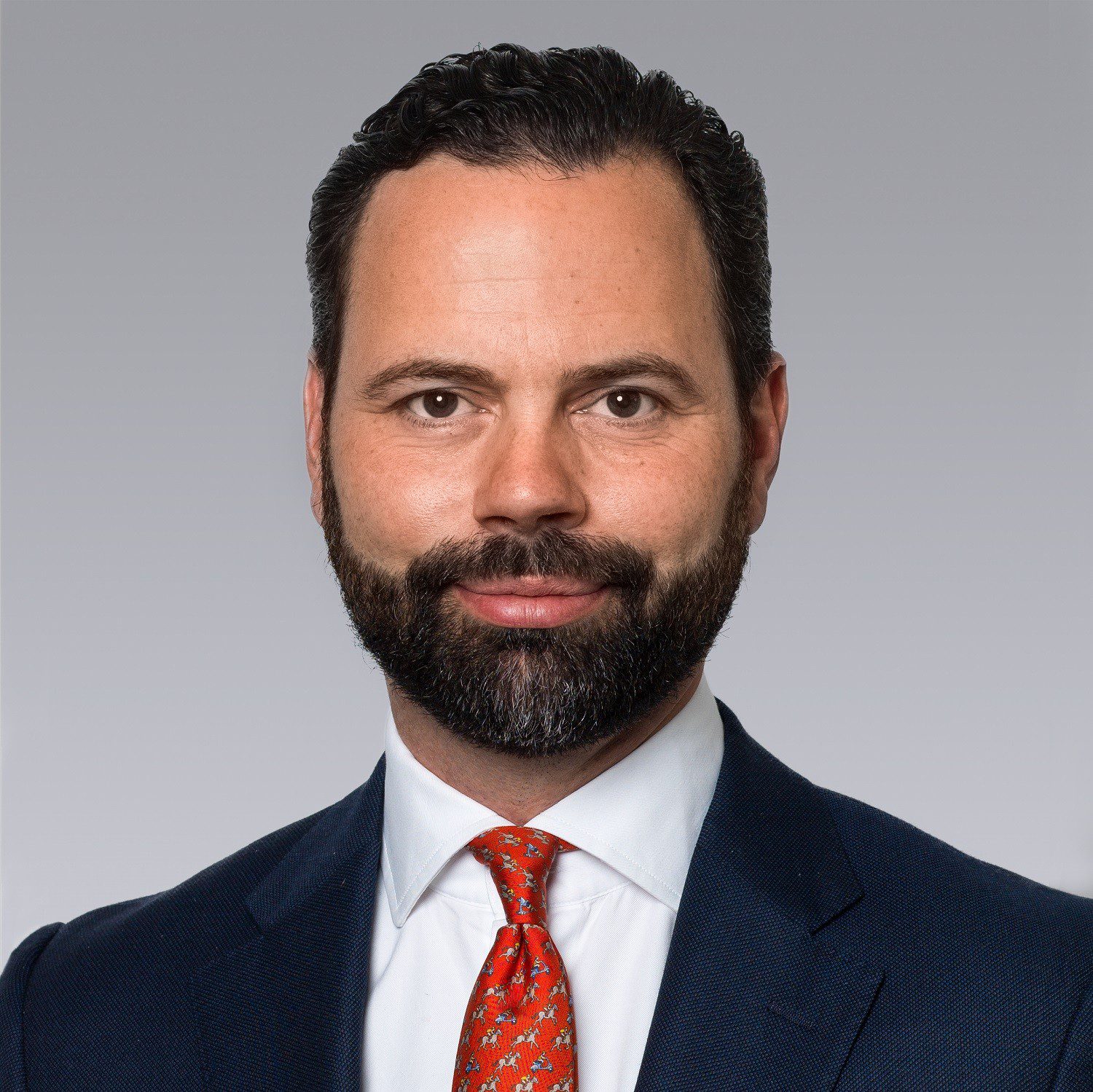Savills Insights
The demand for high-quality, flexibly usable housing for students in Germany remains high. As a recent publication by Savills shows, there is attractive investment potential in the areas of purpose-built student accommodation (PBSA) and micro-living, not least due to the continuing high number of students in Germany. In the winter semester 2024/25, more than 2.87 million students were enrolled – a still very high level, even if the record level from 2020/21 (2.94 million) was not reached. At the same time, asking rents in the 30 largest German university cities rose by an average of 52% within a decade, and for one-room apartments by as much as 58%. The average vacancy rate is only 1.1%, and in some cities even less than 0.5%.
Increasing demand for specialized and flexible offers
The changeover from the diploma to the bachelor’s and master’s system as well as increasing international mobility have led to changed study conditions in recent years, which are often accompanied by a change of place of study. This increases the demand for small, furnished apartments with digital booking options. International students in particular, who accounted for 16.4% of all students in Germany in the winter semester 2023/24, are dependent on such flexible housing offers that are available at short notice.
The largest non-profit providers of such apartments are the Studierendenwerke, which provides a wide range of services for students at university locations – including the provision of dormitory places. In 2023, 237,215 publicly funded dormitory places were available nationwide, of which 194,837 were operated by student unions. This means that only 8.3% of the students could be provided with a place in these accommodations.
Increasing importance of the private sector
While the public supply of student housing has increased only slightly, the private sector has recorded dynamic growth: at the end of 2024, around 68,500 beds were available in privately operated student housing complexes – an increase of five times within 15 years. According to current forecasts, this number will rise to around 80,000 beds by 2027 – with a continued high occupancy rate. This trend is also reflected in the growing transaction volume: Between 2018 and 2022, an average of 490 million euros were invested in the segment annually. However, in the course of the interest rate turnaround, the volume fell to below 200 million euros in 2023 and 2024, although Savills assumes that this is only a temporary decline.
“For the current year 2025, an increasing number of transactions in the area of student housing and micro-apartments can be expected again. The market segment is benefiting from continued high demand – especially in the large university cities,” says Florian Gust, Director Operational Capital Markets PBSA & Micro-Living.
Conversion of office properties – an opportunity for the market?
While student housing is scarce, office space is vacant in many major cities – especially existing buildings with little marketing potential. The vacancy rate is around 12.3% in Frankfurt, 7.5% in Munich and 6.8% in Berlin. Against this background, Savills sees the conversion of office space into PBSA or micro-apartments as a promising solution. A recent study by Bulwiengesa puts the potential at 150,000 additional apartments through conversion in the top 7 cities alone. However, the prerequisite is that floor plans and building structures allow for residential use.
“The market for student housing in Germany is facing structural change. The high demand meets a limited public supply, thus opening up space for investments, conversion concepts and new forms of housing. In the future, not only students, but also young professionals and expats will increasingly be dependent on micro-apartments. For them, flexible micro-living at university locations is a prerequisite for doing well-paid jobs in knowledge-intensive industries. This development will also be clearly noticeable in the investment market,” Florian Gust concludes.
Full report "Savills Insights: Student housing in Germany"



